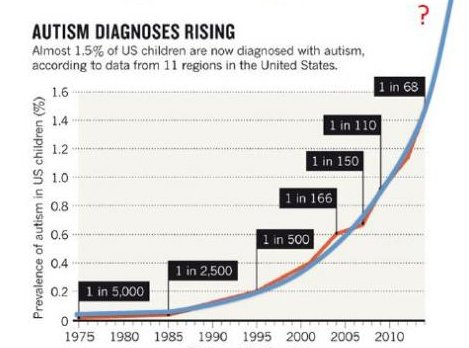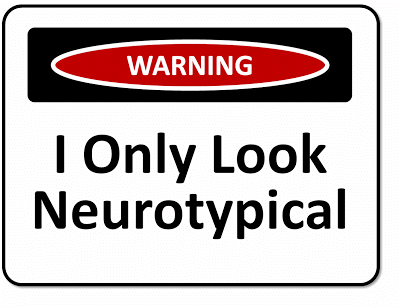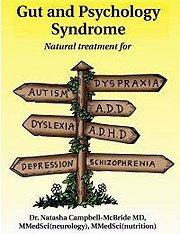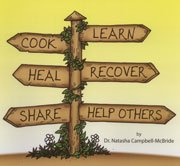And can it help people with other mental, digestive, allergy or autoimmune issues?
According to the CDC, in 2014, the incidence of ASD (Autism Spectrum Disorder) in the USA was 1 in 68. Back in the 70s and 80s, this was more like 1 in 2000.

There are many reasons why this could be and I’ll mention some of those below. But first a philosophical view of autism.
Yesterday I read a poem by @positivesteem about his son’s autism and how that has affected him. Nobody is denying that being autistic or parenting an autistic child presents many challenges, but equally I don’t often see people talking about the potential rewards. Who better to talk about this than @positivesteem?
What I do see is (mainly high-functioning) ASD people saying they do not want to be “neuro-typical”, and that the ability to think and see things in a different way brings a lot of richness to their lives. Maybe our society needs this richness and diversity to be able to progress to a new level. Because we have to admit that neuro-typicals haven’t exactly made a success of running the show.
Neuro-typical is shorthand for neurologically typical, and is often used by ASD people to describe the so-called “normal” population. Dare I suggest that here on Steemit, a lot of us are at least partway on the atypical spectrum? That wasn’t an insult, by the way.

So we could say that ASD can’t be “cured”, and that’s ok, we don’t want to cure it. But there are interventions that can help people become more comfortable in their own bodies, more comfortable in the world as it currently is, and better able to function at their highest potential. In fact, isn’t that what we all want?
There are many possible interventions, but today I want to talk about a specific therapeutic nutritional regime.

Introducing Dr Natasha Campbell-McBride. She is a Russian neurologist and neuro surgeon who now lives and works in England. One of her sons was born with autism, and she put her knowledge of neurology and nutrition to work on the issue, and came up with the Gut and Psychology Syndrome protocol. She used it with her son, and has been using it with many other children over the last 20 years, with a high degree of success.
Since then, she has published her book, and trained other practitioners, and now many other doctors and nutritional therapists have successfully used it.

The central premise of GAPS is that the underlying problem with autism, and a wide range of other physical and mental issues, is a poorly functioning gut. This starts with a bad balance of gut bacteria, and can eventually include a damaged gut wall.
In her book, she talks about many of the potential causes, including:
• Poor nutrition
• Too much sugar, high carbs
• Not eating fermented foods
• Prescription drugs such as antibiotics, painkillers and the contraceptive
• Vaccinations
• Heavy metals
• Chemical toxicity
• Stress, and
• Unbalanced gut flora being passed down from mother to baby

The protocol aims to:
• Repair the gut lining
• Rebalance the gut flora
• Gently detoxify
This is done mainly with diet and lifestyle, and with certain specific supplements.
It takes things a step further than just a gluten and casein (dairy) free diet, which helps some people but not all, and temporarily cuts out some other foods that are hard to digest.
Note the “temporarily”. GAPs is a healthy diet in itself, and can be followed for years without nutritional deficiencies. But we are aiming to repair the gut, so that other foods can be reintroduced, making social occasions a lot easier!
Depending on how ill we are, and how long we have been ill, GAPS may not be able to cure the physical components completely. But in the vast majority of cases, following the protocol for a period of time results in at least some improvement. For children, she has often observed complete remission of symptoms.

More than 2000 years ago, Hippocrates said “all disease begins in the gut”. If that is true, using GAPS, or other gut repair protocols, can potentially heal many other diseases as well. If you have mental or psychological issues, food sensitivities, digestive issues or autoimmunity, consider learning more about GAPS.
That’s all we’ve got time for today, folks, but I’ll post some more about the particulars of the GAPS protocol tomorrow.
Part 2 - GAPS Unfriendly foods, and why
Part 3 - GAPS Friendly foods
Thanks for reading and upvoting! Follow me for more nutrition, health, diet, food, lifestyle and recipe posts.

